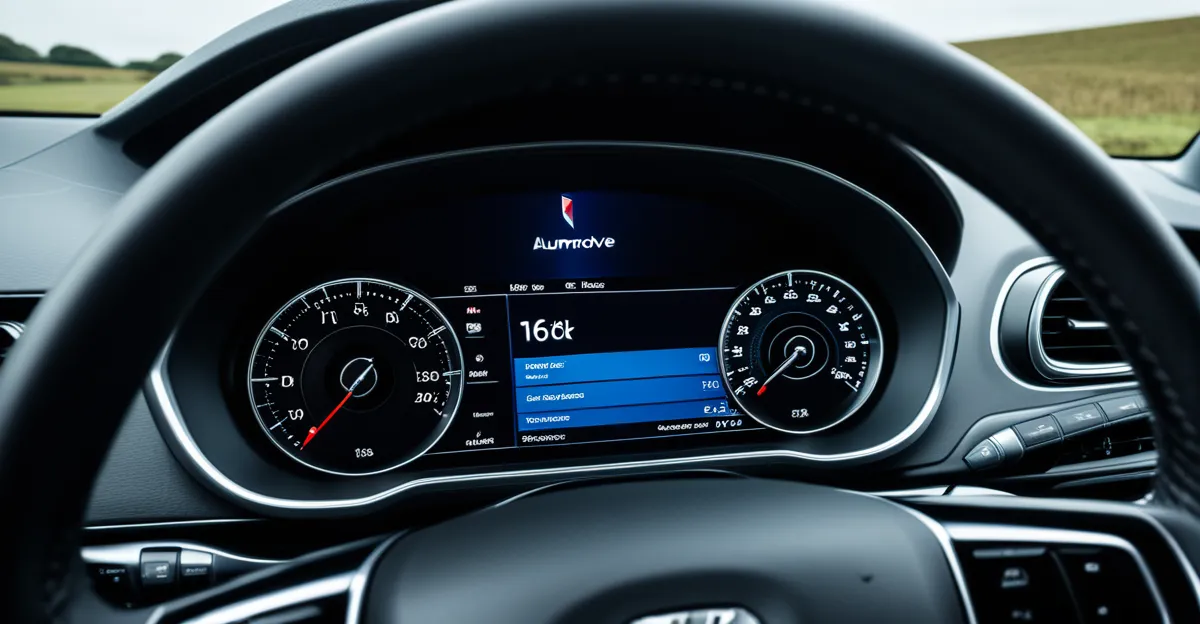Evolving Consumer Trends Shaping the UK Automotive Industry
Consumer preferences are rapidly transforming, fundamentally influencing UK automotive industry trends. A notable shift towards electrification and sustainability drives demand, as buyers increasingly prioritize environmentally friendly vehicles. This shift aligns with growing awareness of climate change and environmental impact. Consumers now seek cars with lower emissions, pushing manufacturers to innovate.
Alongside eco-consciousness, there is a rising demand for advanced vehicle technology and connectivity. Buyers want seamless integration of digital features such as smartphone interfaces, real-time navigation, and driver-assistance systems. This combines convenience with safety, reshaping market shifts that prioritise tech-savvy, connected vehicles.
Also to see : What Are the Impacts of Electric Vehicles on the UK Automotive Industry?
Moreover, ethical considerations around manufacturing processes have gained traction. Consumers are paying attention to ethical manufacturing and environmental responsibility, demanding transparency about sourcing and production practices. This change influences the entire supply chain and presses manufacturers to align with sustainable values.
Overall, UK automotive industry trends reflect a growing consumer base that values sustainability, technology, and ethics—three forces intricately connected to ongoing market shifts. Understanding these preferences is essential for stakeholders aiming to remain relevant and competitive.
In the same genre : How Has Technological Advancement Shaped the UK Automotive Industry?
Manufacturers’ Innovations in Product Development and Strategy
Innovation in automotive manufacturing is central to addressing evolving UK automotive industry trends. The launch of new electric and hybrid vehicles exemplifies manufacturers’ commitment to meeting stringent low-emission targets. These vehicles not only appeal to eco-conscious consumers but also position companies as leaders in sustainability.
Moreover, automotive technology integration is transforming driving experiences. Features like autonomous systems, digital interfaces, and connected services are increasingly standard, responding to rising demand for advanced vehicle technology and connectivity. These integrations improve convenience, safety, and vehicle performance, aligning with current consumer preferences.
Strategic collaborations with tech firms and startups further accelerate innovation. By pooling expertise in software, AI, and vehicle design, manufacturers expedite product advancement. This cooperation fosters continuous improvement and responsiveness to market shifts.
Together, these innovations fuel competitiveness and innovation in the UK automotive industry, enabling manufacturers to adapt effectively to consumer preferences and maintain relevance amid rapidly changing market dynamics.
Sustainability Initiatives and Green Solutions in Auto Production
Sustainability has become a cornerstone for the UK automotive industry, with green manufacturing methods driving significant progress. Automotive sustainability UK efforts focus on reducing environmental footprints by adopting eco-friendly materials such as recycled metals and bio-based plastics. These materials lessen resource depletion and encourage sustainable supply chains.
Energy-efficient processes are also vital, including the integration of renewable energy sources in production facilities. This reduces greenhouse gas emissions, crucial for meeting net-zero goals targeted for 2030 and beyond. By optimizing manufacturing workflows and investing in clean technologies, the UK automotive sector enhances its commitment to environmental responsibility.
The industry increasingly embraces circular economy principles, emphasizing reuse, refurbishment, and recycling components to extend vehicle life cycles and reduce waste. This strategic shift not only aligns with consumer preferences for ethical manufacturing but also supports long-term sustainability.
Overall, green manufacturing efforts in the UK automotive industry reflect a proactive response to market shifts and consumer demands, positioning the sector as a leader in sustainable innovation.
Market Data and Industry Performance Indicators
Understanding UK automotive sector data reveals significant shifts driven by evolving consumer preferences and market dynamics. Recent sales trends highlight a rapid increase in electric and hybrid vehicle purchases, reflecting the shift towards electrification and sustainability. For example, EVs now represent a growing market segment, with year-on-year sales growth surpassing traditional vehicles.
Analysis of consumer behavior statistics shows buyers prioritize environmental impact and advanced technology, aligning closely with broader UK automotive industry trends. Data indicate that consumers are willing to pay premium prices for vehicles equipped with the latest connectivity and autonomous features.
Shifts in market share demonstrate leading manufacturers adapting swiftly, increasing their electric vehicle UK offerings to meet demand. These changes illustrate how market shifts directly influence corporate strategies and product portfolios.
In addition, consumer feedback emphasizes the importance of transparency and ethical practices, reinforcing the industry’s move toward ethical manufacturing and environmental responsibility. This data-driven insight is essential for manufacturers aiming to stay competitive amid rapidly changing market conditions.
